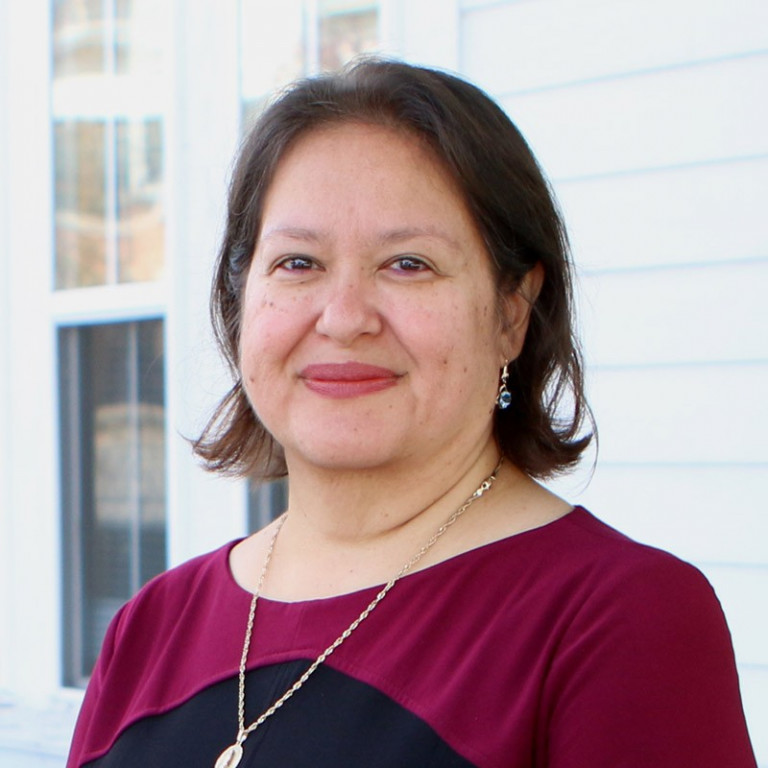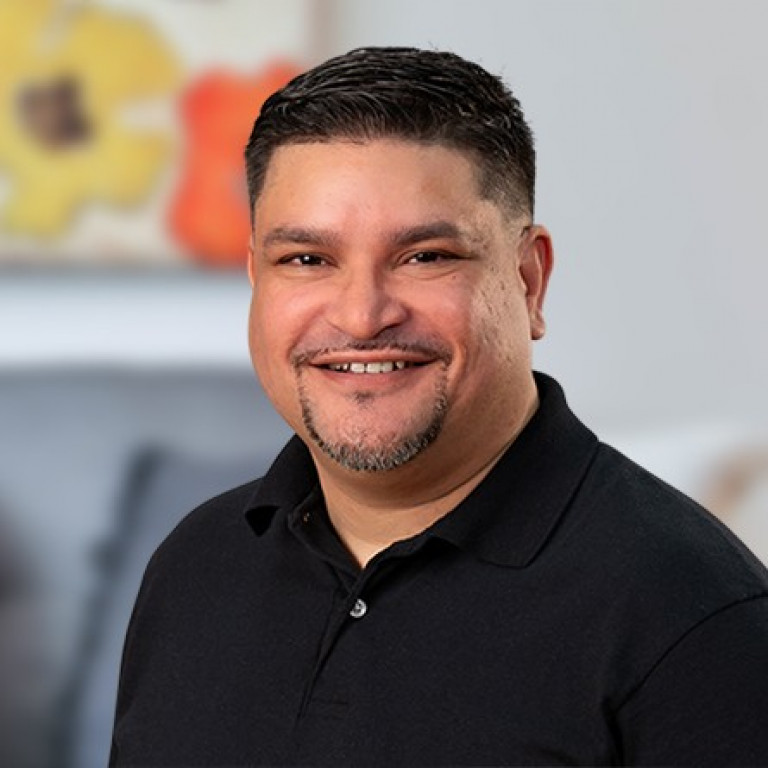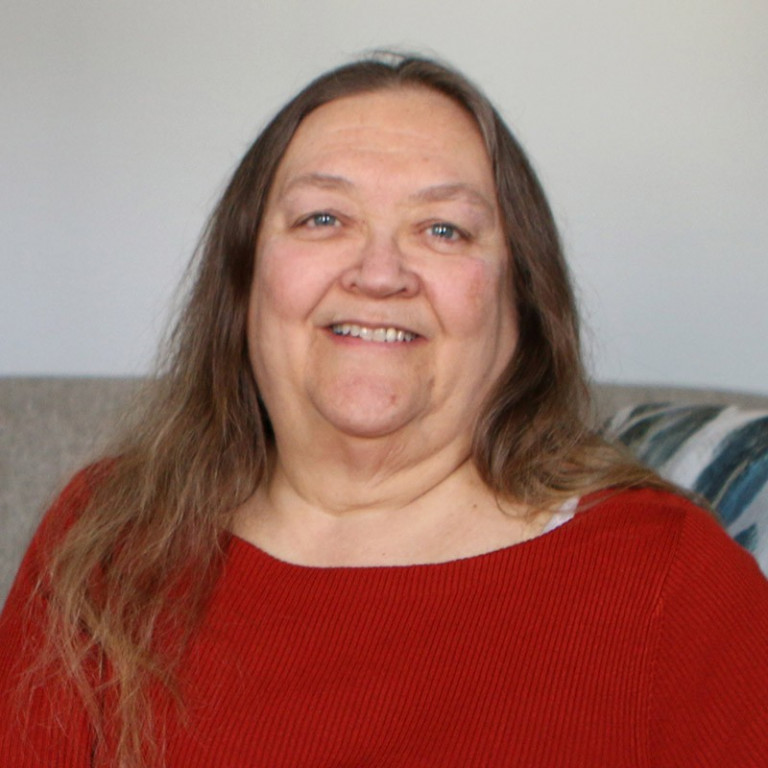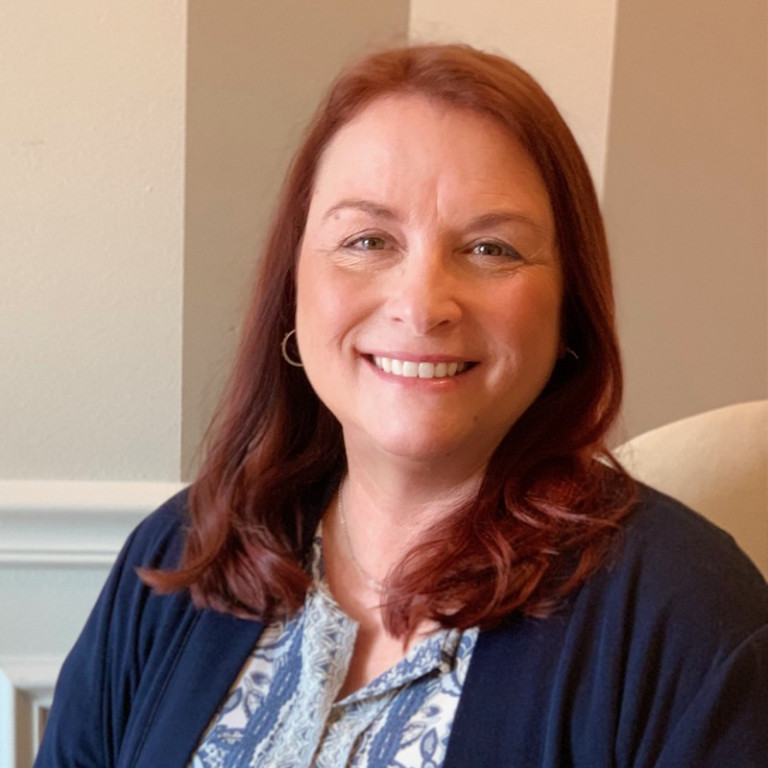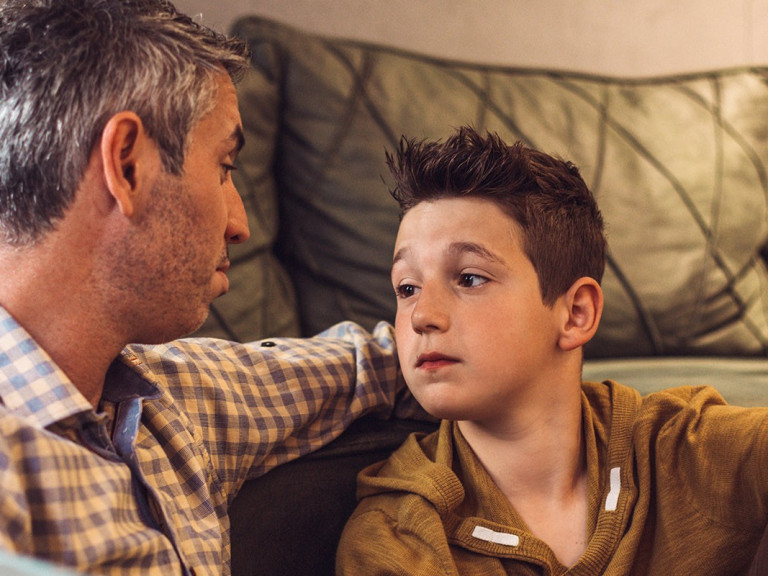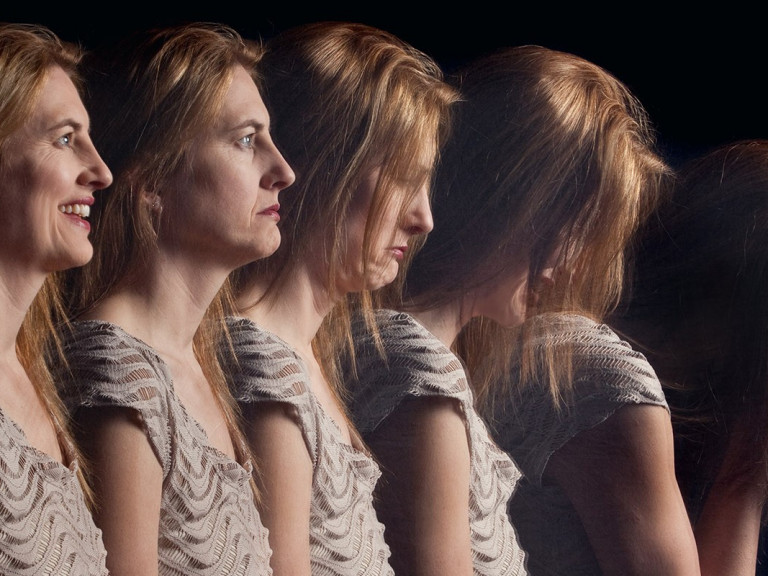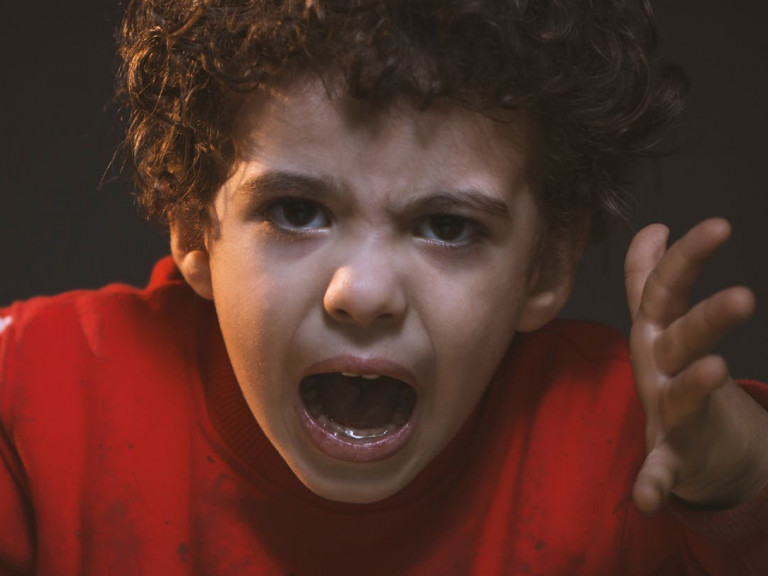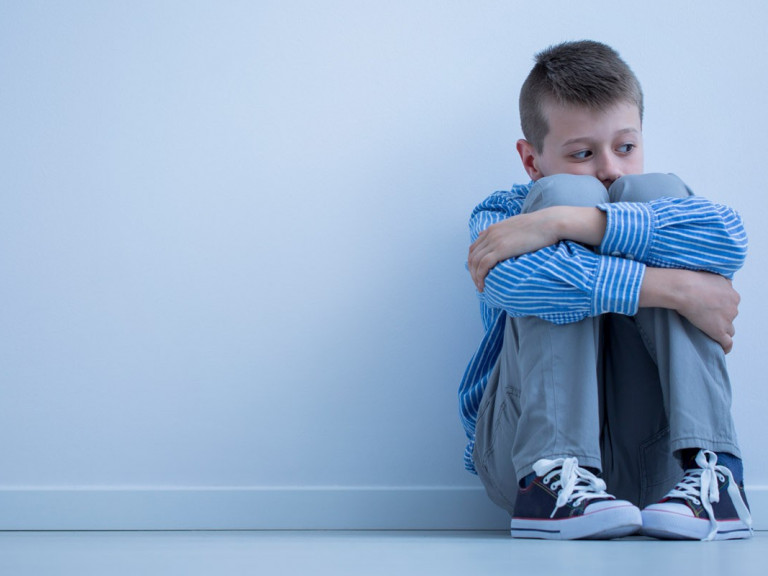Help for Anxiety Disorders, Fear, and Worry
“Do I have an anxiety disorder?”
If you've ever wondered if you might have an anxiety disorder, you're not alone. The truth is many people experience feelings of anxiety, fear, and worry. These are normal, healthy responses to stressors in your life. The question isn't "if" you have an anxiety disorder, but if your feelings of fear and worry, panic, and anxiety affect and interfere with your daily life.
Fear is a healthy mechanism that our brains use to tell us when a situation is dangerous. It protects us and is a normal part of being human. However, fear and worry become problematic; it shrinks your world. When you stop going out socially, when you can't perform at work or school, or when fear and worry interfere with your healthy day-to-day activities, it's time to seek help.
The Different Faces of Anxiety
Anxiety can take many different forms. In seeking help for anxiety disorders, it's unnecessary to know which type of anxiety you're experiencing. Still, many patients find it comforting to know that what they're feeling is very common.
Generalized Anxiety Disorder
For some people, anxiety may manifest itself as a feeling that "things aren't right." You may worry about how situations will turn out or may wonder if certain circumstances will be okay. When experiencing an anxiety disorder, you might experience these feelings in several areas of your life, work, school, socializing, going out, visiting public spaces.
Obsessive Thinking and OCD Behaviors
For other people, anxiety is expressed as obsessions and compulsions—repetitive, intrusive, often irrational thinking that causes significant distress, followed by ritualistic-like or compulsive behavior that offers a sense of relief. In these cases, anxiety may be in the form of Obsessive-Compulsive Disorder (or OCD), and it can require so much energy that it affects your daily functioning.
Panic Disorder
Panic Disorder is another form of anxiety, where people experience severe attacks of anxiety with physiological reactions. These can include:
- Heart racing
- Chills
- Nausea
- Shortness of breath
- Feeling boxed-in or locked-in
- Extreme negative thinking
Panic might be triggered by something small in the environment that sparks a traumatic memory, or it can occur from anxiety about having another panic attack, resulting in a vicious cycle.
Fears and Phobias
Phobias are another common area of anxiety that can affect daily routines. People may experience fears of catastrophic events, weather, animals, germs, poisoning, needles, throwing up, and many other triggers. These phobias are very real for the person experiencing them and can become debilitating if not addressed.
Post-Traumatic Stress Disorder
PTSD or post-traumatic stress disorder is often overlooked as an anxiety disorder, but it is another face of anxiety that can lead to social isolation, depression, and limited daily function. PTSD can cause anxious thoughts, panic, hyper-vigilance, sleep disruptions, and other issues. It's important to understand that PTSD doesn't occur just because of a severely traumatic event. PTSD can also occur due to a long-term, low-grade trauma like emotional abuse. In children, PTSD can manifest itself as acting out, displaying irrational behavior, or overreactions.
Social Anxiety in Children and Adults
Social anxieties are also common amongst anxiety sufferers. Kids may experience social anxiety as they worry about what people are thinking of them. They may feel fear speaking up in class, working with groups, or dealing with their peers. In adults, social anxieties often coincide with work—giving presentations, social gatherings, meeting new people. Social anxiety can affect friendships and romantic relationships, leading to isolation. Sufferers of social anxiety may avoid crowded areas like restaurants or stores.
Help for Anxiety Disorders Through Therapy
If anxiety, fear, and worry is affecting your enjoyment of life, we can help.
Therapeutic help for anxiety disorders includes many different approaches. Cognitive Behavioral Therapy (CBT), including Dialectical Behavioral Therapy (DBT) and Acceptance and Commitment Therapy (ACT), are often the most effective treatments offering help for anxiety disorders. While these may sound intimidating to those unfamiliar with therapy, most simply involve talking to a supportive counselor. Your therapist will work with you to find the right style and approach to offer help for anxiety disorders.
In some cases, treatment may include mindfulness practices, exposure therapy, or systematic desensitization. Again, these approaches are proven methods for improving anxiety symptoms and help you regain a sense of calm and control over your life. We work with each patient to help them find an approach to their concerns that feels safe and comfortable.
Anxiety, fear, and worry can be debilitating, but they are also highly treatable. Please don't suffer alone or try to ignore it. With the right therapeutic approach, you’ll feel empowered to regain your confidence and sense of peace to fully enjoy life again.
At Goodman Psychologist Associates, we offer help for anxiety disorders. We treat individuals, couples, children, and families. We work with many insurance companies and provide some virtual treatment options as well. Our support staff will help you find a therapist who matches your personality, style, and unique situation, as well as scheduling concerns. Contact us today to get started.








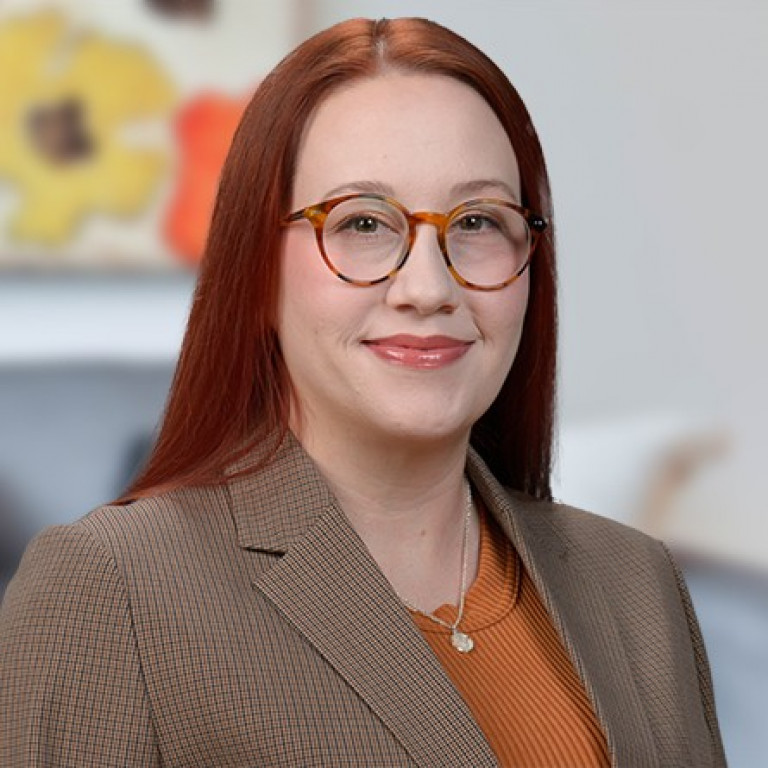


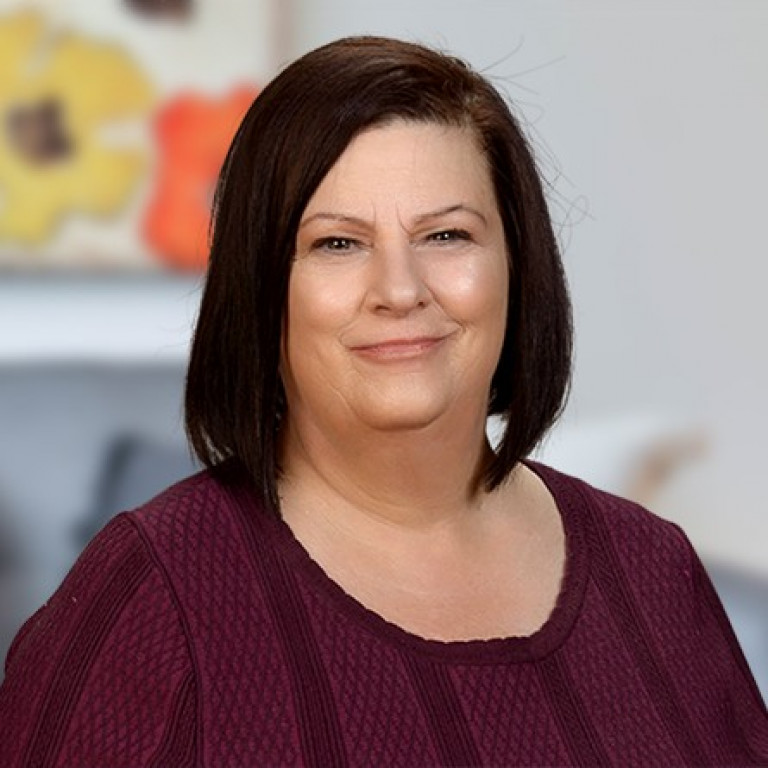
![Danca_Gina_2[42]](https://goodmanpsych.com/wp-content/uploads/freshizer/e00607ea6c3f8baac1c3ed5d3a488d6f_Danca_Gina_242-768-768-c-90.jpg)
